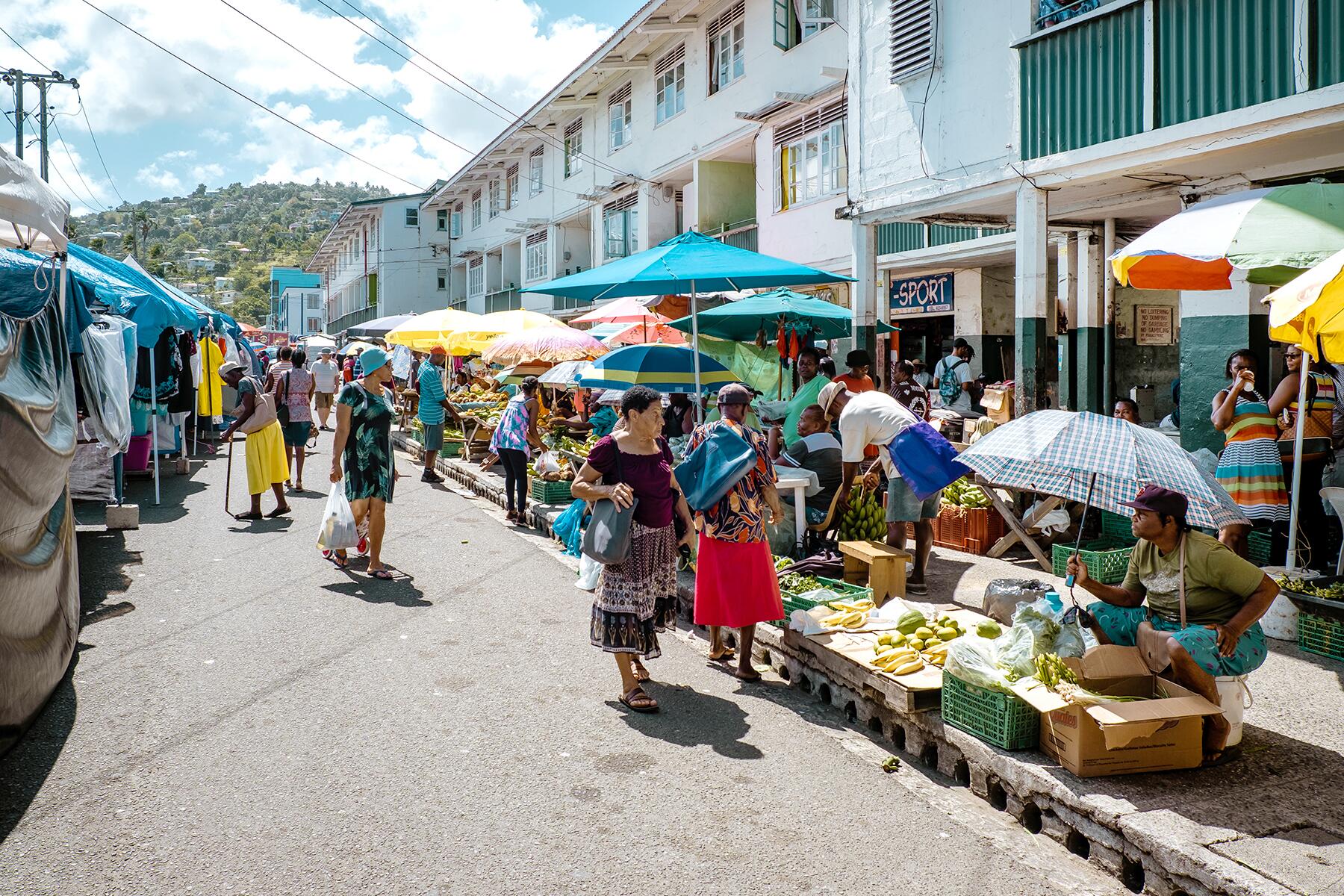The Caribbean region is a tropical paradise, but there are things you need to know before you embark on your next sunny holiday to make sure everything runs smoothly.
Palm trees, sandy beaches, turquoise waters, great music… you’ll find all that, and more, throughout the Caribbean. Most islands are easy to get to, and easy to vacation at, but even so, there are some things every traveler needs to know before going to the Caribbean. These helpful tips will help you decide when and where to go, what to expect when you’re there, and what you might like to do.
1 OF 15
Bring Your Passport… and U.S. Dollars
You’ll need a valid passport to enter any of the Caribbean islands—and to re-enter the United States—except for Puerto Rico and the U.S. Virgin Islands. Most non-U.S. islands also require a return or ongoing airline ticket. But don’t worry about the local currency. U.S. dollars—but not coins—are widely accepted everywhere. Bring small bills, though, as you’ll almost always get change in local money—including from an ATM. Actually, there are 13 different currencies in the Caribbean: The Bahamas, Barbados, the Eastern Caribbean islands, Cayman Islands, Jamaica, and Trinidad and Tobago all have their own dollars; Cuba and the Dominican Republic have pesos; the French islands use euros; the Dutch islands have guilders, although Aruba uses florin; and then there’s the Haitian gourde.

2 OF 15
English Is Widely Spoken
English is commonly understood, spoken, and written throughout the Caribbean, although French is the preferred language on Guadeloupe, Martinique, St. Barth, St. Martin, and Haiti. You’ll also hear a French-Creole patois spoken in Jamaica, Saint Lucia, St. Vincent, Grenada, and Haiti. On the Dutch islands, you’ll hear both Dutch and English spoken, while Papiamento (which adds Spanish, Portuguese, French, African, and Arawakan elements to the Dutch/English mix) is the local patois in Aruba, Bonaire, and Curaçao. Spanish, of course, is the most prevalent language in the Dominican Republic and Cuba; but in Puerto Rico, a U.S. territory, Spanish and English are both official languages. All of that said, English-speakers should have no problem understanding or being understood in the Caribbean.
Read full article on www.fodors.com


:max_bytes(150000):strip_icc()/dominica--delices--two-people-jump-into-the-plunge-pool-at-the-foot-of-victoria-fals--529720136-5ac3d21fa18d9e0037427899.jpg)
:max_bytes(150000):strip_icc()/mahobaymattwadeCCSA20-5790d2cc3df78c09e935412b.jpg)




